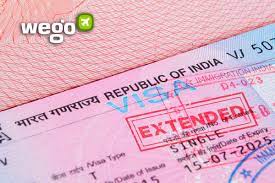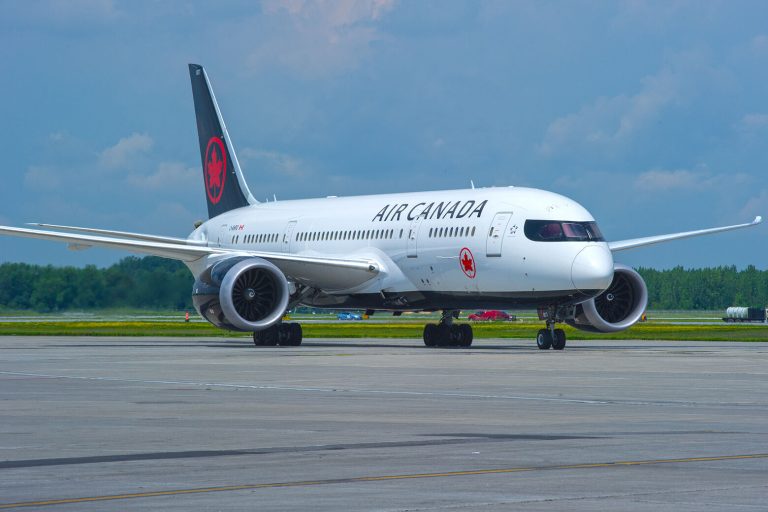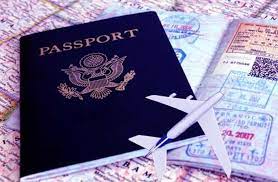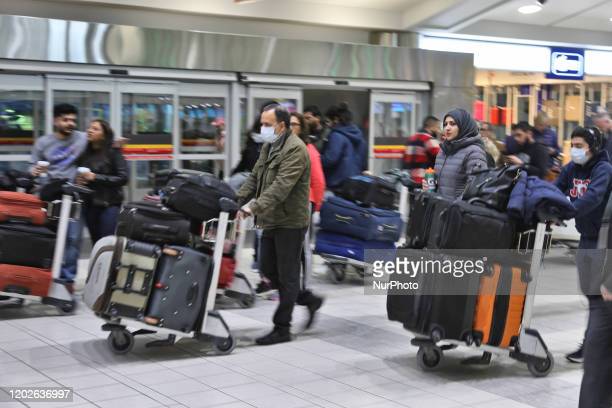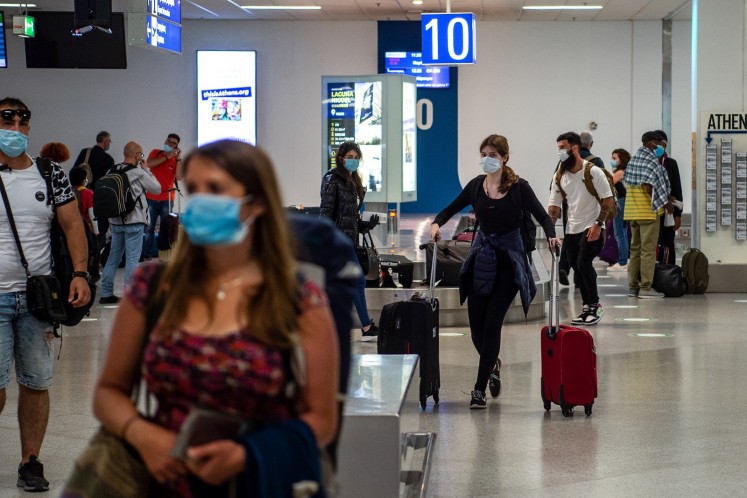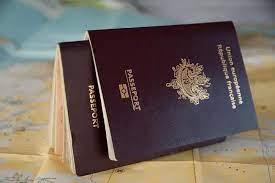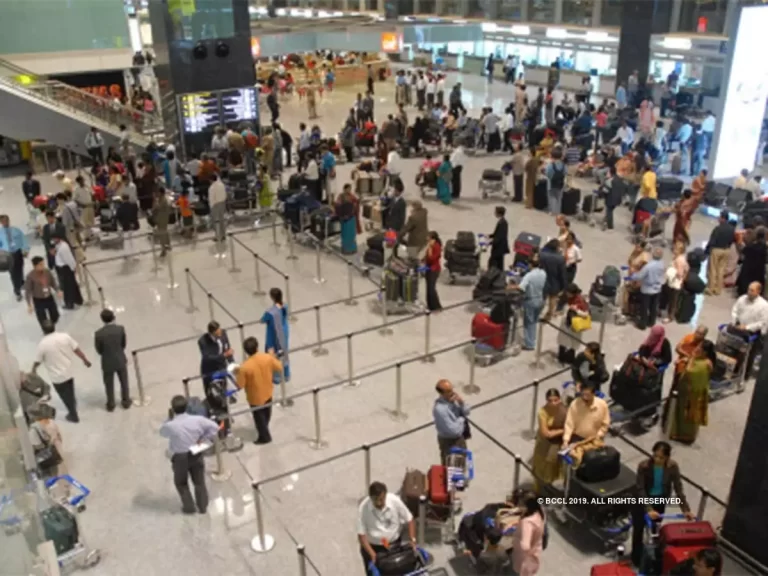Navigating the Process of Extending Your Indian Visa: Tips and Tricks
Are you planning to extend your Indian visa, but feeling overwhelmed by the process? Don’t worry, we’ve got you covered! In this blog post, we’ll take you through everything you need to know about extending your Indian visa. From understanding the requirements and documents needed, to navigating the application process itself, our tips and tricks will help make your extension experience a breeze. So grab a cup of tea and get ready to become an expert on extending your Indian visa!
Steps to extend your Indian visa
If you are an Indian citizen, your visa will likely expire within six months. You can extend your visa for an additional six months by submitting a Visa Extension Request Form along with the appropriate fees. However, there are a few steps you’ll need to take to ensure the extension process goes smoothly.
First, gather all of the necessary documents. You’ll need your passport, visa application form (Form I-129), and payment for the fee(s) associated with the extension. If you are traveling outside of India, be sure to bring your airline ticket and any other documentation needed for travel. Indian Visa for Slovak Citizens
Next, submit your request to the Indian Embassy or Consulate where you reside. The embassy or consulate may require that you visit in person to submit your paperwork or they may accept copies of your documents. Be sure to provide enough time before your visa expires so that you can arrange this visit.
Once you have submitted your request and paid the applicable fees, the embassy or consulate will send you a confirmation letter stating whether or not your visa has been extended. If it has been extended, the letter will also include information on how to apply for a new visa should you decide to leave India prematurely.
What documents will be required?
If you are intending to stay in India for an extended period of time, you will likely need a valid visa. There are a few documents that you will need to provide to the Indian authorities in order to obtain a visa:
- Your passport with at least six months remaining on your current passport validity.
- A recent photo that meets the requirements of the Indian embassy or consulate where you will be applying for your visa.
- Proof of financial stability, such as bank statements, recent income tax returns, or letters from employers testifying to your wages and working status.
- A travel document if you are traveling outside of India (such as a ticket)
- Proof of non-political status if you are a foreigner residing in India on a student visa (a copy of your student ID card is usually sufficient). How to extend Indian Visa
- If applicable, proof that you have secured appropriate insurance coverage during your stay in India (e.g., health insurance).
- A letter confirming the dates and purpose of your visit to India.
How much does it cost to extend your Indian visa?
If you are planning on staying in India for an extended period of time, you may want to consider extending your visa. Here is a breakdown of the costs associated with extending your Indian visa:
Application Fees:
-For applications filed online, the application fee is Rs. 2,000.
-For applications filed through an Indian embassy or consulate, the application fee is Rs. 5,000.
-In addition to the application fee, there are additional fees for specific types of visas (e.g., business/tourist visas). Check with your nearest Indian embassy or consulate for more information.
Extension Fee:
The extension fee varies depending on the type of visa you are applying for and where you are filing your application from. The fee ranges from Rs. 1,500 to Rs. 4,000 and must be paid in cash at an authorized immigration office in India or abroad.
Can you apply for an emergency visa extension?
If you find yourself in a situation where your Indian visa is about to expire and you need to stay in India for an extended period of time, there are a few things you can do to make the process easier. First, make sure that you have all of the necessary paperwork ready before you go to the embassy or consulate. Depending on the specific case, you may need to provide proof of your employment, financial stability, and other documentation. Additionally, be sure to bring any extra identification documents (like passports) with you when you go to see the officials.
If everything looks good and you still cannot get your visa extension approved, there is always the option of applying for an emergency visa extension. This will require more paperwork and may take longer than simply getting a regular visa extension, but it can be worth it if your situation is really urgent. If all else fails and you are forced to leave India without a visa, be prepared for some extra hassle when trying to return later on. Make sure that you have all the relevant information prepped ahead of time so that any red tape can be bypassed easily.
Where can you get help if you have questions about the process?
If you have any questions about the process of extending your Indian visa, don’t hesitate to reach out to your local Indian embassy or consulate. They will be able to provide you with all the information and guidance that you need. Additionally, many online resources are available which can help you get started. Finally, remember that it’s always best to speak with a professional before starting any new process.
